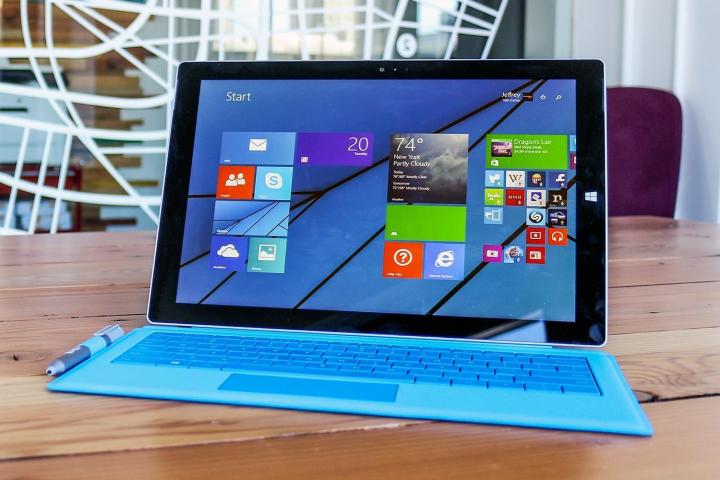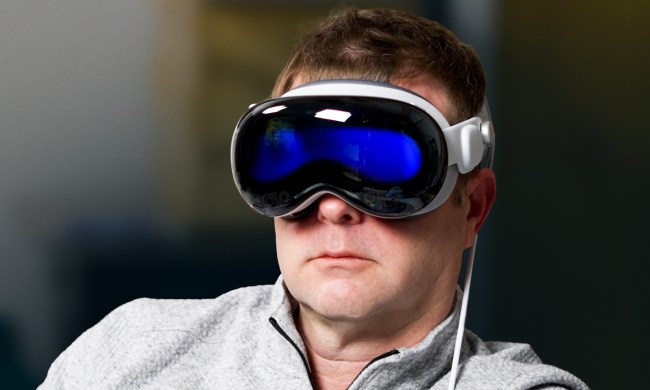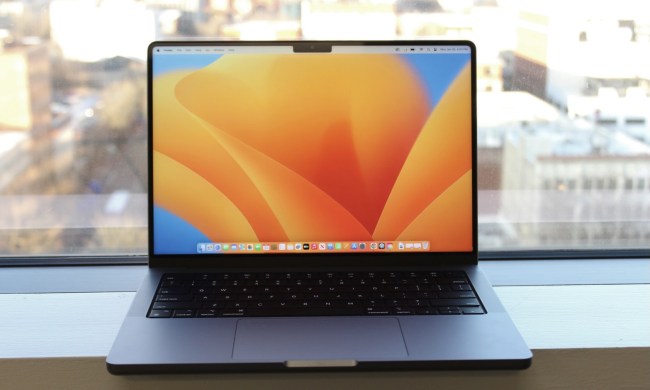
First reported by Windows Supersite earlier this week, Simplo batteries are experiencing an unknown issue causing battery life to degrade quickly. In some cases, affected users with these batteries are only seeing 1-2 hours of battery life. There’s good news if your battery is an LG: that manufacturer’s batteries seem to be unaffected, at least for now.
While a thread on Microsoft’s support site continues to grow with unhappy customers, the company itself doesn’t seem to be acknowledging the issue. Frustrated users report that support techs continue to walk them through a series of troubleshooting steps, even though there may be an internal support discussions mentioning a possible battery issue.
Making matters worse, Microsoft is often asking customers to pay up — $450 to be exact — to replace the battery, although it is waiving other support fees. This is a non-warranty fix, as many of the devices are outside the one-year coverage “for hardware defects and malfunctions,” given that the Surface Pro 3 now almost two years old.
It’s not clear what is causing the issues, nor why Microsoft has failed to acknowledge the problem. Some suggest that the company already has its hands full tamping down issues with the Surface Pro 4 and Surface Book that are well documented, while also preparing for rumored new hardware in October. Others believe Microsoft is avoiding a potentially costly recall, which from a Reddit AMA in 2014 likely means the whole device needs to be replaced.
All in all, it’s a bad situation for both Microsoft — which is trying to position the Surface as the anti-Macbook, anti-iPad device — and for the end user, who is now stuck with a malfunctioning device with no clear resolution in sight.
Digital Trends has placed a request for comment with Microsoft, however a response was not immediately available as of press time.


